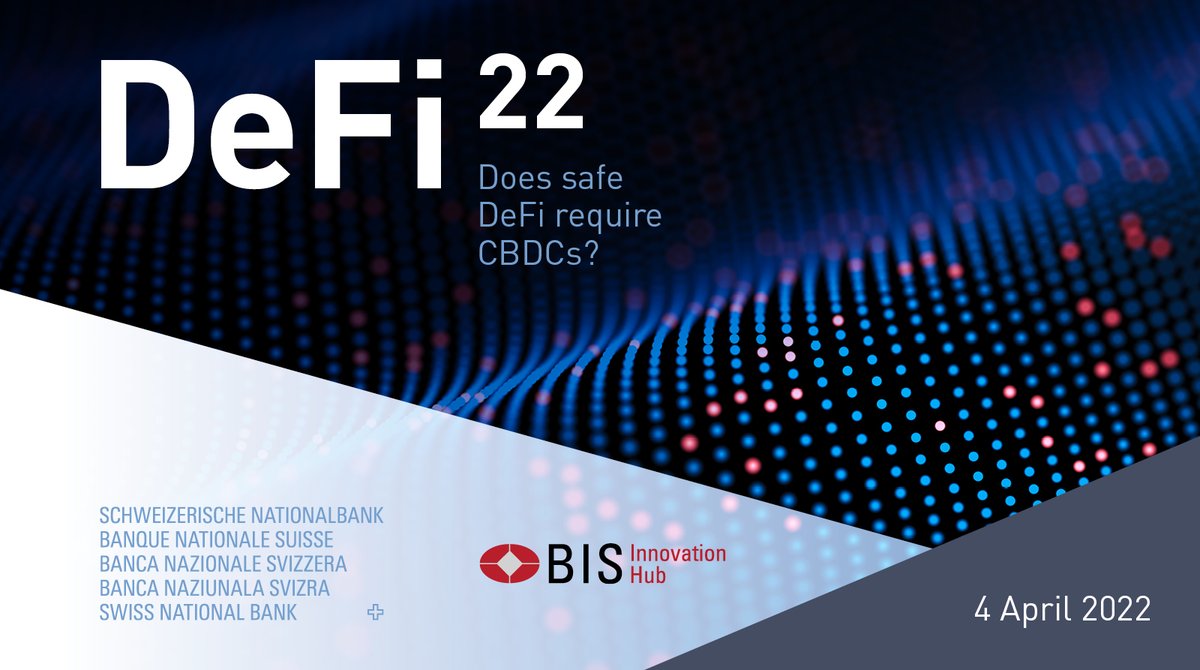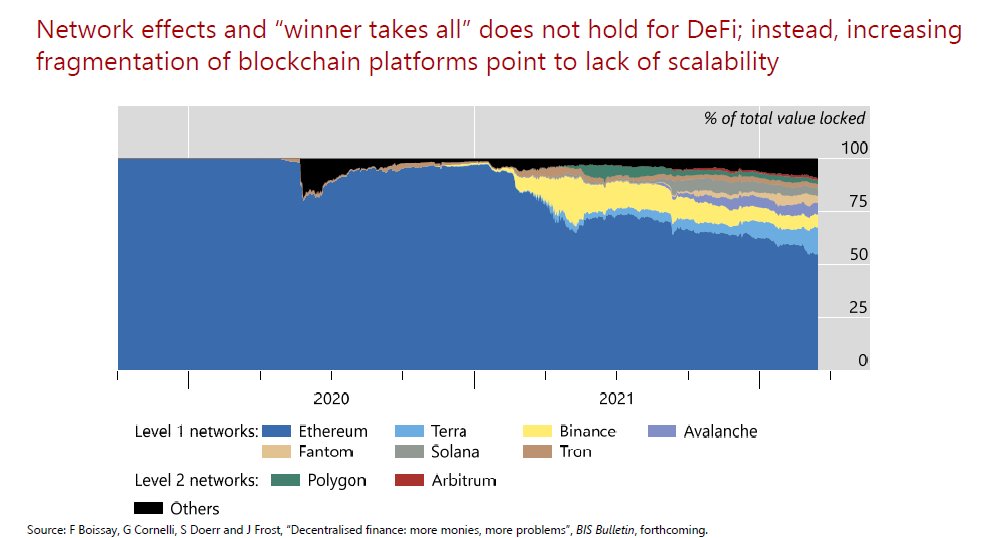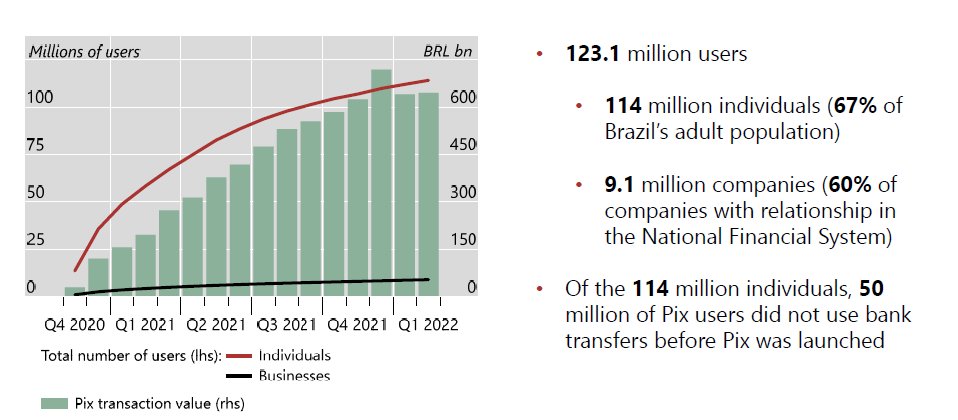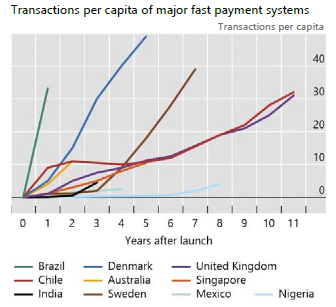
Will commodity prices tip the global economy into a 1970s-style stagflation?
Today's #BIS_Bulletin weighs the arguments and does some number crunching in search of an answer
A thread:
bis.org/publ/bisbull54…
Today's #BIS_Bulletin weighs the arguments and does some number crunching in search of an answer
A thread:
bis.org/publ/bisbull54…

Price rises have affected a broader range of commodities this time round than in the 1970s (for instance, see the yellow bar on industrial metals), but the size of the oil price shock has been much less than the 1973 shock 

The inflationary backdrop was more menacing in 1973, with the global economy having lost the Bretton Wood nominal anchor a couple of years before; arguably, policy frameworks are much better now
On the other hand, the recent rise in inflation (in yellow) has been steep
On the other hand, the recent rise in inflation (in yellow) has been steep

But perhaps the most remarkable fact is how much less energy intensive the modern economy has become
Energy used for each (real) unit of GDP has fallen by 40% since 1973; the energy intensity from oil has dropped even more
Energy used for each (real) unit of GDP has fallen by 40% since 1973; the energy intensity from oil has dropped even more

In terms of energy mix for the global economy, the dependence on oil has also fallen a long way (pink bars, going from 50% down to 30%) 

There are also some hopeful signs from the rapid fall in the cost of renewable energy; both solar and wind now fall into the grey band of costs of fossil fuel 

Indeed, the use of renewables in electricity generation has far outstripped forecasts made even as recently as 2010 

But there is a long way still to go
Europe's energy mix has a rapidly growing renewables segment (in grey), but it is still small in the bigger picture
Europe's energy mix has a rapidly growing renewables segment (in grey), but it is still small in the bigger picture

So, are we about to see a repeat of the stagflation of the 1970s?
There are three channels to take into account:
1. Price increases feed directly into the cost of the consumption basket
2. Price increases raise costs for producers
3. Decline in *quantities*
There are three channels to take into account:
1. Price increases feed directly into the cost of the consumption basket
2. Price increases raise costs for producers
3. Decline in *quantities*
The Bulletin authors build these three channels into the model, distinguishing price increases that are accompanied by a *quantity shock* from pure price increases (say, due to ups and downs associated with financialisation)
bis.org/publ/bisbull54…
bis.org/publ/bisbull54…
Unsurprisingly, the impact on growth is much larger for a commodities shock that is associated with a production decline
The negative impact on growth is sizeable, but not drastic
The negative impact on growth is sizeable, but not drastic

To gauge the impact on inflation, we needs to take account of the depressing effect on growth; for an oil *supply shock*, inflation actually declines by quarter 8 

The impulse-responses lay out the story clearly - the oil supply shock ultimately lowers inflation because of the hit to growth 

Most important, core inflation will eventually rise through spillover channels
Impact is quite rapid for importers (left panels), underlining the importance of heading it off before inflation is allowed to get entrenched
Impact is quite rapid for importers (left panels), underlining the importance of heading it off before inflation is allowed to get entrenched

Linking the text again for easier reference
bis.org/publ/bisbull54…
bis.org/publ/bisbull54…
• • •
Missing some Tweet in this thread? You can try to
force a refresh
















